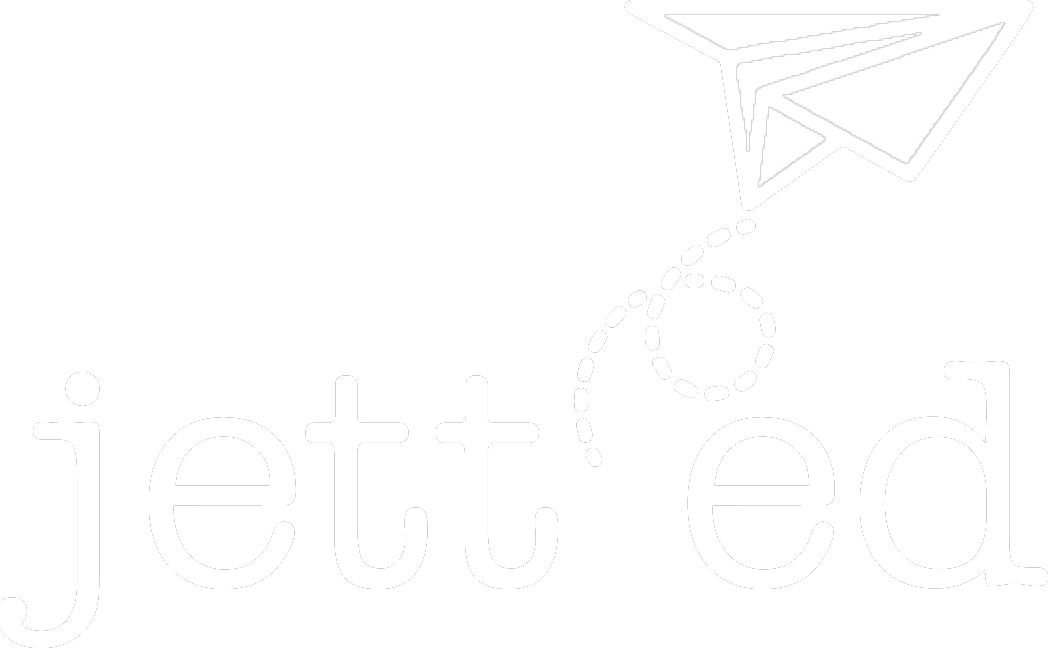Colleges That Change Lives
I had the pleasure of attending the Colleges That Change Lives Conference last week. Colleges that Change Lives (CTCL) is a group of 45 liberal arts colleges that grew from the work of Loren Pope, a visionary in the world of higher ed. dedicated to the advancement and support of a student-centered college search process, which includes helping students find a list of schools where they will be challenged and supported.
I had the opportunity to meet with admissions directors from these schools as well as other counselors in the area who support the mission of CTCL. It was great to hear first hand from the people working at these schools about how they support students, the challenges they are facing, and the impact these schools have on the students that attend them. The admission process at these colleges is student-centered and holistic (meaning, they are really trying to get to know you!). Anyone who has worked with me knows I believe wholeheartedly in a liberal arts education, and these schools are all small places where students are engaged, grow and thrive. One of my favorite quotes from the CTCL book is by a professor at Willamette University in Salem, Oregon, “We don’t let students confuse a degree and a career. We focus on analysis, and we expect a lot of critical thinking. We teach our students how to ask questions and answer them. It’s hard, but it’s really good for them.”
I’m constantly fielding questions from concerned parents who are worried about what their child will do with a liberal arts degree. The workplace is more dynamic than it’s ever been; living in Silicon Valley skews the focus in this area to STEM related fields. I agree that students need to learn math and science, but not at the expense of everything else. Add the rising cost of tuition to the mix and it’s no wonder no of one can sleep and we are all worried about our children’s futures. It may seem counter-intuitive, but in my opinion, small liberal arts schools, like the ones on the CTCL list might the best bet to prepare your child for the future. Having access to professors, doing research alongside them, being in a small place where students have to engage challenges students to learn and participate. I know small schools aren’t for everyone, but I am continually challenging my students to consider these schools and I encourage you to do the same.
Here are some highlights for the member colleges on the list:
- All member schools are small, liberal arts colleges and universities
- Admission processes are personal, thoughtful, holistic and student-centered.
- Faculty teach classes and labs, lead discussions, mentor students, and conduct research.
- The academic focus is on educating undergraduate students.
- All member colleges are residential communities offering many on-campus opportunities.
- All member schools are committed to helping families afford a high quality, liberal arts education through merit-based aid, need-based aid, or both.

